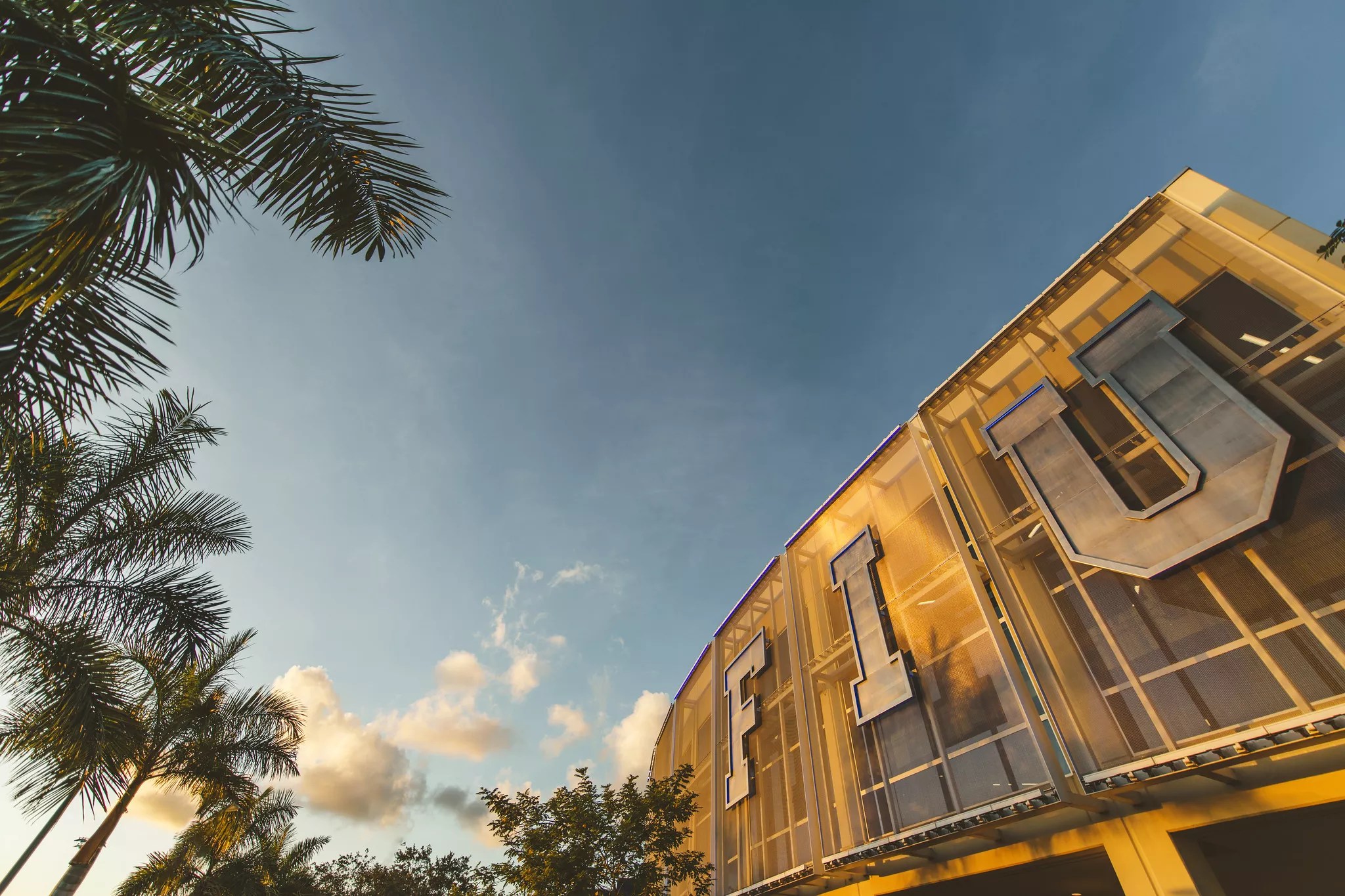
Photo by FIU / Flickr

Audio By Carbonatix
A potential move by the Trump administration to place Cuba back on a terrorism list could negatively affect student researchers at Florida International University (FIU), some professors say.
Officials in the U.S. Department of State have prepared plans to add Cuba to the nation’s list of state sponsors of terrorism, alongside Iran, North Korea, and Syria, according to reporting by the New York Times and CNN.
Secretary of State Michael Pompeo would need to sign off on the plan for it to to take effect in the final days of Donald Trump’s presidency.
Michael J. Bustamante, an assistant professor at FIU’s Department of History and a member of the Cuban Research Institute, tells New Times he’s concerned that if the plan goes through, it would trigger a Florida law that prohibits state money from being used for travel to nations on the terrorism sponsors list. That would mean that faculty and graduate students at FIU wouldn’t be able to use university funds to complete their research in Cuba, since FIU is a public state institution.
“The subject of Cuba is of considerable interest for the FIU student body. We have a number of students who are working on dissertations that have to do with Cuban history,” Bustamante says. “If this comes to pass, my students won’t have the option of applying for internal grant funds. That would be a real impediment to completing their degrees.”
Bustamante has students who are working on dissertations on topics in Cuba, such as the history of the press, the history of motherhood and gender politics, and the history of Lebanese migration. All of those students were hoping to travel to the island to do firsthand study using grants from FIU, but Bustamante says they may have to look for money elsewhere or change their plans entirely if Pompeo approves the plan.
Several students rely on grants to support themselves while seeking master’s and doctoral degrees. When applying for grants, students can include travel expenses for study as part of their applications. For students studying Cuba, however, they may not have that option anymore, according to Bustamante.
The Florida statute blocking public money for travel to countries on the terrorism list dates back to 2006 and was sponsored by then-U.S. Rep. David Rivera as a hardline policy against Cuba, which had been placed on the list of state sponsors of terrorism by the Reagan administration in 1982.
Members of FIU’s Faculty Senate fought the law in court, arguing that it infringed on their academic freedoms, but the statute was upheld and the legal challenge ultimately failed.
Guillermo Grenier, a professor of sociology at FIU and administrator of the annual Cuba Poll, says that while Cuba was on the State Department’s list, he would tell students interested in Cuba to study somewhere other than Florida. “I would discourage students from coming to FIU once upon a time – those who wanted to do research in Cuba – because it would be very difficult for them to do that.”
Grenier says he would have to use his own money to take academic trips to Cuba for his work, since he could not rely on the university.
When the Obama administration opened diplomatic relations with Cuba in 2015 and removed its designation as a state sponsor of terrorism, FIU faculty and students were able to resume travel to the island using public research dollars. But if the Trump administration reverses that, Florida universities could go right back to where they were five years ago. Students may have to find a way to research Cuba from the U.S. or find grants from out of state.
Both Bustamante and Grenier believe the Biden administration will reverse Trump’s move if it goes through, but it will take time. Meanwhile, Cuba scholars at Florida institutions would have to find new ways to finish their degrees.
“It’s definitely a point of concern for those students in year two or three of their doctorate program. Research travel has already been complicated by COVID-19, and this is just another obstacle,” Bustamante says.